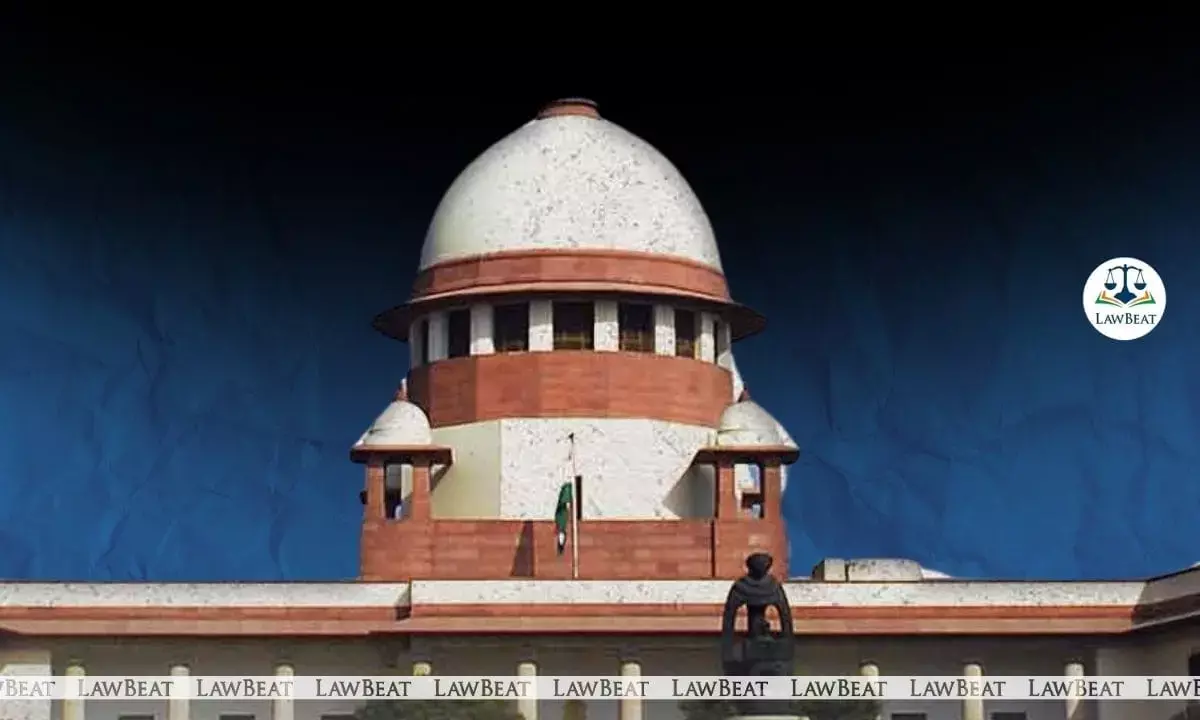Sale Agreement Case: Supreme Court Says Expert Opinion Not Mandatory for Visible Interpolation

Supreme Court of India
The Supreme Court has clarified that courts are not bound to send disputed documents to handwriting or forensic experts every time an allegation of interpolation is raised. If a material alteration is clearly visible on the face of a document, particularly when different inks are used, the court can reject the claim without expert opinion.
On August 21, 2025, a bench of Justices Prashant Kumar Mishra and K Vinod Chandran dismissed an appeal challenging a High Court order that had denied specific performance of a sale agreement. The Court held that the High Court was correct in concluding that the agreement was tainted by interpolation.
Background of the Dispute
The case arose from an agreement dated July 15, 1984 for the sale of 2.40 acres of land for Rs. 56,000. An advance of Rs. 1,000 was paid at the time of execution. The appellant claimed that the agreement covered two properties (Item No.1 and Item No.2) and that he was ready to pay the balance within the stipulated three months. He also relied on a reply from the first defendant dated January 22, 1985, which demanded the balance with interest.
However, Item No.2 was later sold to a second defendant on February 11, 1985, and Item No.1 was sold on March 9, 1985. Before this, the plaintiff filed a suit for specific performance on March 1, 1985.
The trial court held that time was not the essence of the contract, rejected the claim of alteration, and decreed the suit. The High Court, however, after visually examining the original document, found that the reference to Item No.2 appeared to be written in a different ink. It treated this as interpolation and dismissed the suit.
What the Supreme Court Held
The Supreme Court upheld the High Court’s approach and dismissed the appeal. It made the following key findings:
• Visual examination is sufficient: The High Court had carefully examined the original agreement and found that Item No.2 was added later in a different ink. This was a clear case of material alteration.
• No mandatory requirement of expert opinion: The Court ruled that Section 73 of the Indian Evidence Act, 1872 does not require every dispute about handwriting or alteration to be referred to an expert. If the alteration is obvious on a plain reading, the court can decide without expert assistance.
• Plaintiff’s burden of proof: The initial burden is on the plaintiff to establish his case. Since the agreement itself was found tainted, the plaintiff could not rely on it for specific performance.
• Other inconsistencies in the document: The Court pointed to contradictions in the extent of land described in the recitals and schedule of the agreement. This undermined the reliability of the document.
• Readiness and willingness not proved: The plaintiff’s financial records showed Rs. 70,500, which fell short of the Rs. 96,000 that would have been required if both properties were included. The Court also noted that the plaintiff had abandoned his claim to Item No.2 before the trial court, weakening his case further.
• Defendants’ stand: Even though the first defendant did not testify, a written statement raising the plea of material alteration was on record, and the second defendant, who had later acquired the property, deposed before the court.
The ruling makes clear that when a document shows obvious signs of tampering or interpolation, courts are not obligated to seek expert verification. A plain reading is sufficient if the alteration is self-evident. This judgment underscores the principle that the credibility of a contract must stand on its own, and parties cannot rely on tainted documents to claim specific performance.
Case Title: Syed Basheer Ahmed v. M/s Tinni Laboratories Private Limited & Anr.
Date of Judgment: August 21, 2025
Bench: Justices Prashant Kumar Mishra and K Vinod Chandran
